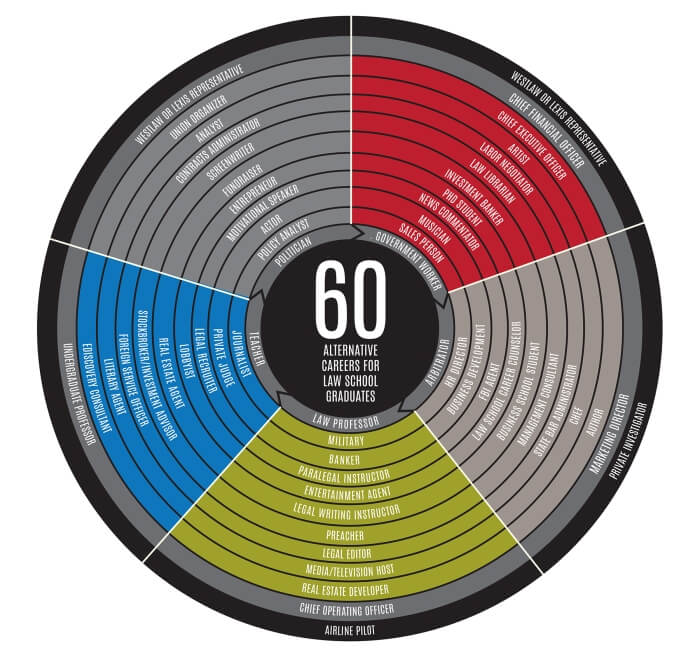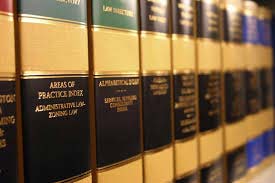
A group of influential business leaders, including billionaire hedge fund CEO Bill Ackman, has called for Harvard University to reveal the names of students belonging to organizations that signed a letter blaming Israel for the deadly attacks carried out by Hamas. The CEOs are urging these students to be blacklisted, fearing the possibility of inadvertently hiring individuals associated with groups that endorsed the letter. This demand has sparked controversy and backlash.
Ackman’s Strong Stance
Bill Ackman, the CEO of Pershing Square Capital Management, emphasized the importance of transparency, stating, “One should not be able to hide behind a corporate shield when issuing statements supporting the actions of terrorists.” He believes that the letter’s signatories should have their names made public so that their views are known to the public and potential employers.
Backlash and Reconsideration
Several student groups have distanced themselves from the letter in response to the CEOs’ call. This reconsideration was sparked by concerns that publicizing the students’ names could put them in harm’s way and the realization that not all students involved were fully aware of the statement’s content.
Additional Business Leaders Support Disclosure
Several other business leaders, including CEOs of companies such as FabFitFun, EasyHealth, and Dovehill Capital Management, have supported Ackman’s call to disclose the students’ names. Jonathan Neman, the CEO of Sweetgreen, expressed his desire to be informed about these students to avoid hiring them.
Larry Summers Advocates Caution
Larry Summers, a renowned economist and former president of Harvard, initially expressed outrage over the student statement. However, he later advised caution, acknowledging that some students involved were likely unaware of the statement’s contents and that penalizing them permanently by publishing their names might be an overreaction.
Concerns About Student Safety
Despite the controversy, there are concerns about the safety of the students whose groups backed the statement. Some argue that the students may have acted naively or without a complete understanding of the situation, and thus, they should not face long-term consequences for their involvement.
Harvard’s Response
Harvard University has not immediately responded to requests for comment. However, Harvard President Claudine Gay issued a statement emphasizing that no student group, even those with many signatories, speaks for Harvard University or its leadership.
The Controversial Student Statement
The controversy originated from a joint statement released by a coalition of Harvard student groups following the Hamas attacks, which have caused significant casualties. The information placed the blame solely on the Israeli regime for the ongoing violence and called on Harvard to stop Palestinians’ suffering in Gaza.
Withdrawal of Signatures
As of Tuesday night, at least five of the original 34 signatory organizations had withdrawn their endorsements. Some students indicated that their organizations had signed the statement due to miscommunication or a lack of due diligence.
Calls for Responsibility
While the debate rages on about whether the names of the signatories should be disclosed, Jonathan Greenblatt, the CEO of the Anti-Defamation League, called for the students to take responsibility for their actions, stating that individuals should either stand behind their decisions or apologize and explain themselves.
Don’t be a silent ninja! Let us know your thoughts in the comment section below.












































